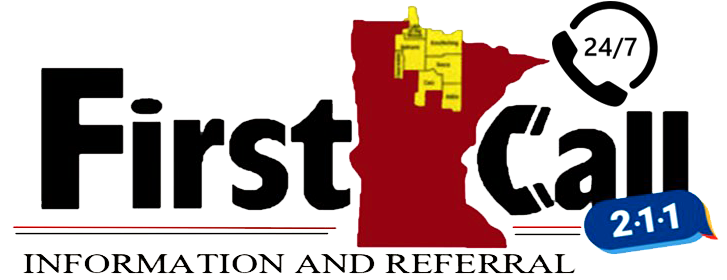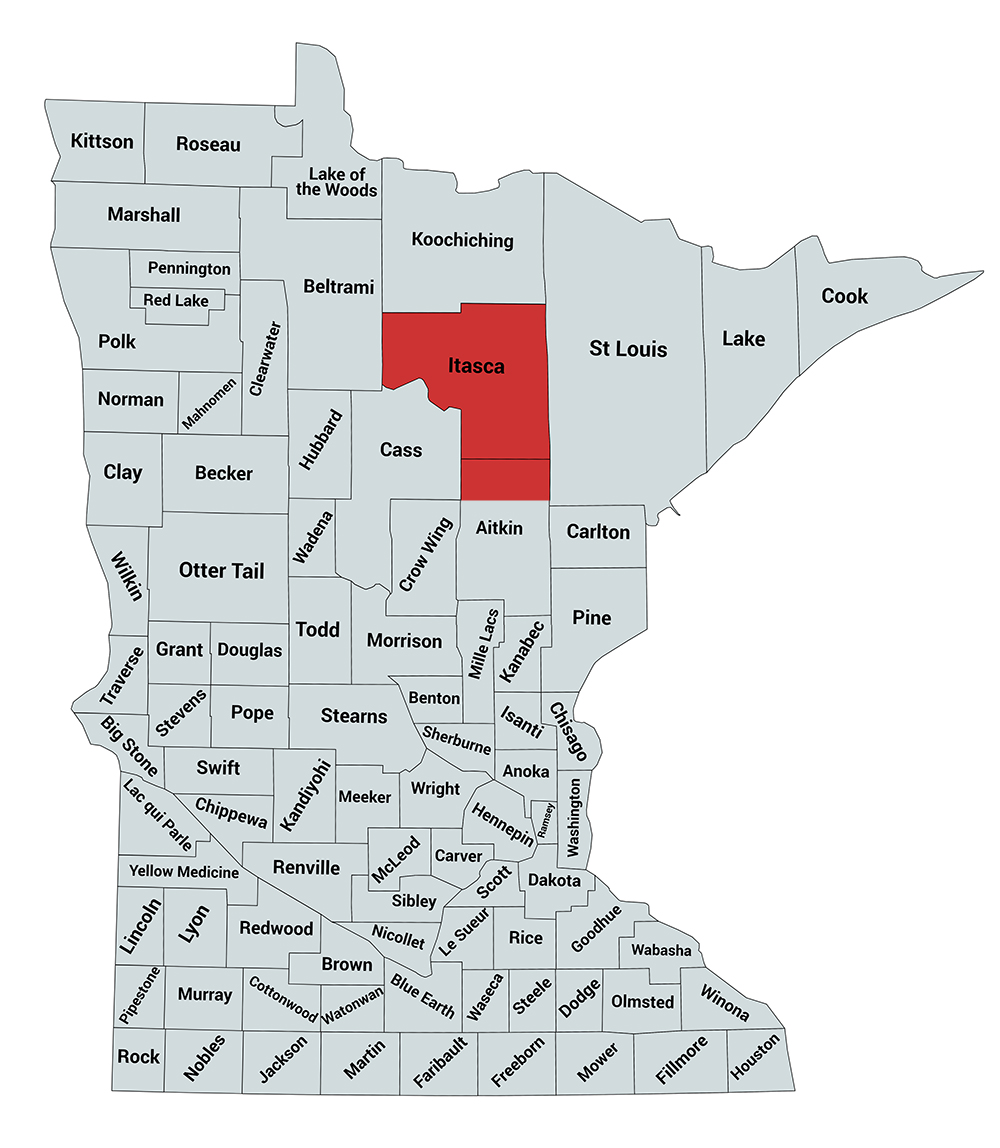The Mobile Crisis Response Team of Itasca County has proudly provided services to individuals experiencing Mental Health Crisis or Mental Health Distress since 1999.
What is your service area: Our team responds within the boundaries of the County of Itasca, which includes communities of the Leech Lake Reservation and a catchment area of Northern Aitkin County (Hill City, Swatara, Shovel Lake, and Jacobson). Our response locations include, but are not limited to: Private Homes, Schools, Emergency Rooms, Hospitals, Jail, Clinics, Churches, Residential Homes, Public Community Locations, Detox Centers, Assisted Living facilities, Homeless Shelters, etc.
What is a Mobile Crisis Team: Mobile crisis services are teams of mental health professionals and practitioners who are available 24 hours per day/ 7 days per week to provide rapid response services to those in mental health crisis or distress. Mobile Crisis Teams are uniquely trained to deliver early interventions, resolve crisis situations, and link people to needed services. Our services help to ensure that individuals get the needed level of care at the right time and ensure the person’s safety.
When is the right time to call: The reasons for your mental health crisis — just like your mental health — are unique to you. What a crisis is for one person might not be for another. So when your behaviors and moods are not typical for you, that might mean you’re approaching or are in crisis. You do NOT need to be suicidal to access Mobile Crisis Services. We are here to support individuals experiencing any level or Mental Health distress or crisis.
What are the costs related to this program: Our mobile team delivers services to all residents regardless of their ability to pay. Medical Insurance is billed if available. Services rendered by our Mobile Team are voluntary.
What Services do you provide:
Mobile crisis interventions are face-to-face, short-term, intensive mental health services provided during a mental health crisis or emergency.
- Mental Health Assessments
- Community Based Intervention Plans
- Community Based Stabilization Services
- Resourcing and Linking to Support Services
How do these services help:
- Aid with Coping skills for with immediate stressors that can lessen suffering
- Assist with Identifying and using available resources as well as recipient’s strengths
- Avoiding unnecessary hospitalization and loss of independent living
- Support in Developing action plans
- Assist with path to begin to return to baseline level of functioning
- Navigation of the health care system to gain access to the services and resources you need after a mental health crisis.
- Providing families and individuals with an alternative to involving law enforcement.
- Providing effective and timely care, while allowing individuals to remain in their communities.
“Put the How do you know whether you are having a mental health crisis button right here”
When they click the button…… include this.
How do you know whether you’re having a mental health crisis?
The reasons for your mental health crisis — just like your mental health — are unique to you. What a crisis is for one person might not be for another.
Some signs that you might be having a mental health crisis include:
- difficulty in functioning or being unable to function (e.g., it’s hard to get out of bed, go to work, or do daily tasks)
- having challenges or an inability to take care of your hygiene, such as brushing your teeth, changing clothes, and bathing
- intense or sudden changes in mood
- psychosis such as hallucinations or delusions
- paranoia
- feeling increasingly agitated, angry, or violent
- suicidal thoughts or making plans
- harming yourself or self-medicating
- isolating or withdrawing from others
In most cases, these signs and behavioral changes are severe.
If you already live with a mental health condition, these symptoms could sound like the status quo for you. The key is to figure out what your “normal” is so you can understand what being in a crisis means and when you need to reach out for support.
According to the American Psychological Association (APA), the most common sign of crisis is “a clear and abrupt change in behavior.”
So when your behaviors and moods are not typical for you, that might mean you’re approaching or are in crisis.


